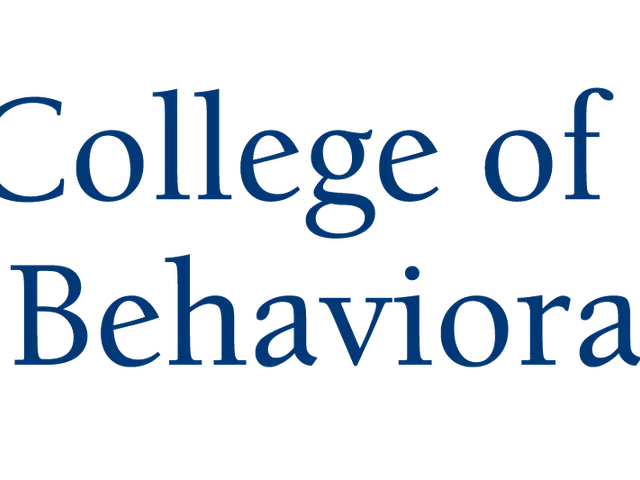A Growing Shortage Demands Innovative Solutions
Foreign veterinarians sought due to local shortage of qualified professionals - Consultation Seeks Input on Animal and Environmental Safeguard Draft Legislature
Rural Germany isn't the only region grappling with a shortage of skilled professionals, especially in the veterinary field. With open positions remaining unfilled for months, there's a rise in recruiting veterinarians from abroad, just like Matthias Link from Varrel near Kirchdorf who's employed an Iranian vet since 2024.
Asal Ilkhani Zadeh, a 30-year-old vet from Tehran, found that adapting to the local dialect in Varrel near Sulingen was initially challenging. But, the work doesn’t vary much from her home country, she says, working in a small animal practice, while her colleague, Mohammad Ranjbar, a man from Tabriz in northern Iran, specializes in livestock practice.
As retirement looms for thousands of practice owners, attracting international talent gets more critical. In the next decade, at least 3,000 existing practice owners will retire, leaving a big gap. Operating independently, Dr. Link puts in 50 to 60 hours a week, which means he needs one and a half to two new colleagues. The state government of Lower Saxony is pushing for a quicker recognition of foreign veterinary qualifications due to the pressing issue.
Sadly, the topic has been pushed back in the Bundesrat. The bureaucracy seems to slow efficiency in solving this skills shortage for both veterinary offices and practices across Germany. Not just the health of animals is at stake, but also disease control, feed, and food safety are affected due to the shortage of skilled workers.
Lower Saxony had 6,819 members in the Chamber of Veterinarians last year, with only 4.8% non-German. A total of 22 applications for granting Approbation come from countries like Ukraine, Iran, and Turkey. To speed up the recognition of foreign degrees, Lower Saxony's Minister of Agriculture Staudte suggests a knowledge test instead of checking documents.
With most of the veterinary graduates being women, the demand for female veterinarians is strong. And with around 800 practice owners in Lower Saxony set to retire in the next ten years, foreign recruitment becomes even more essential. At the same time, the number of study places at the five veterinary medicine locations in Germany remains stable.
Keeping Up with the Demand: Embracing Change
More opportunities for foreign veterinarians have cropped up in Germany, making it an attractive destination. Matthias Link has previously employed veterinarians from Iran, Bulgaria, Poland, Turkey, and Guinea-Bissau, with many going on to open their own practices. Yet, the situation has become difficult. As job responses dwindle, foreign vets like Zadeh and Ranjbar become essential.
While the specifics of Iranian recruitment are scarce, Germany's approach to recruiting internationally opens prospects for potential Iranian vets. Adapting to the constant demand for veterinary care, driven by medical advancements, Germany requires more vets like Zadeh and Ranjbar.
"Today, we do things with small animals that we couldn't before," says Link. With the possibilities expanding, pet owners are increasingly willing to pay for treatments, and Link has positive experiences with his foreign colleagues, including the two new ones from Iran. The secret, Link believes, is communication—80% of their job is psychology, he says, advising any practice recruiting internationally to focus on language skills.
- Iran
- Skills Shortage
- Lower Saxony
- Germany
- Tehran
- Sulingen
- Tabriz
- North Germany
[1] The desperation for vets is becoming desperate: https://www.focus.de/wissen/lebenswelten/itwm-über-den-mangel-an-tiere-ärzten-koennen-ich-nicht-crazy-sein-germanije_id_12613486.html[2] Veterinarians in Short Supply: Foreign Vets Sought to Fill Gap: https://www.euractiv.com/de/agriculture-fisheries-food/tilgung-des-mangels-de-tiere-aerzte-bekommen-durch-auslaendische-tiere-um-hilfe-zka/[3] Altano Group leading veterinary medicine with high-quality training: https://www.altano.de/de/faqs/[4] EU Law on Professional Qualifications https://ec.europa.eu/info/business-economy-euro/single-market_en[5] Agriculture Germany: https://www.agriculture-germany.de/schools-and-training/studies
- In response to the escalating skills shortage, particularly in the veterinary field, Germany is increasingly recruiting veterinarians from abroad, like Asal Ilkhani Zadeh from Tehran, who has adapted to working in Varrel near Sulingen.
- As the retirement of thousands of practice owners looms, the need for attracting international talent, such as Matthias Link's Iranian vet, becomes increasingly critical to fill vacant positions and ensure workplace-wellness and health-and-wellness in both small and livestock practices.
- To address the pressing issue, the state government of Lower Saxony is advocating for a quicker recognition of foreign veterinary qualifications, proposing a knowledge test instead of document checks, and embracing education-and-self-development opportunities in science, fitness-and-exercise, mental-health, and career-development.
- With more job opportunities emerging for foreign veterinarians, including those from Iran, Germany can bridge the skills gap, improve animal health and well-being, and pave the way for vocational training and continued career development in veterinary medicine.








